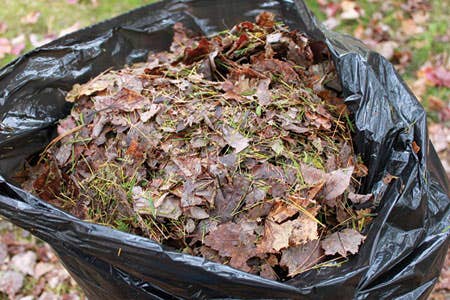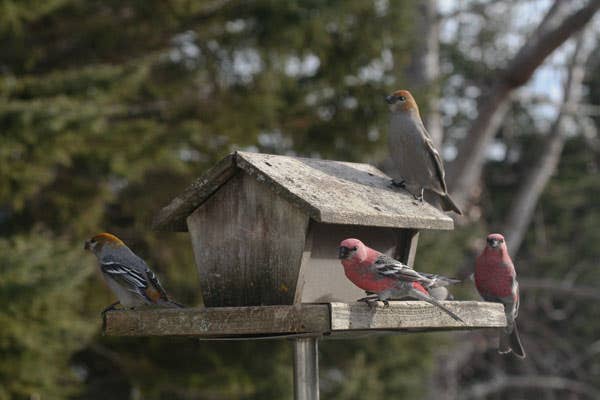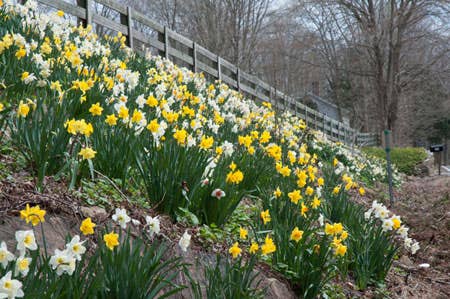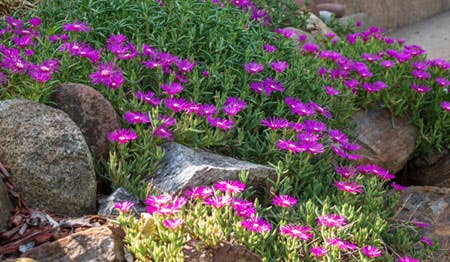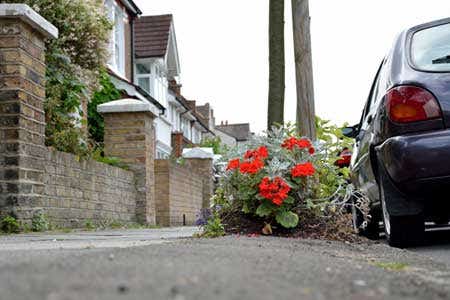I pick up bags of leaves left curbside and use them in my compost bin or spread them as mulch. I’ve been told this is a bad idea because black walnut leaves might be in the mix. Is this really a concern?—GP, Cave Springs, Ga.
Answer:
The fallen leaves of black walnut trees (Juglans nigra), and all of the plants parts as well, produce a chemical called juglone that can inhibit the growth of—and even kill—certain other plants. Tomatoes are an example; in them the phenomenon is known as walnut wilt.
That said, there is perhaps more to-do made over black walnut’s allelopathic ways that they warrant. Some plants aren’t discouraged by the tree at all. Virginia’s Cooperative Extension publishes a thorough list of these plants. If your garden plants are on this list, you have no worries.
Even if you do have plants sensitive to juglone, the compound is broken down by microbial action, so composting the leaves should ensure that your leafy cache is good for all your plants. If you are still nervous about any potential toxicity of your compost, try testing it on a tomato plant.
Bagging and removing leaves is costly and a waste of nutrients and organic matter that are of value to the landscape. You are to be commended for recycling them.



